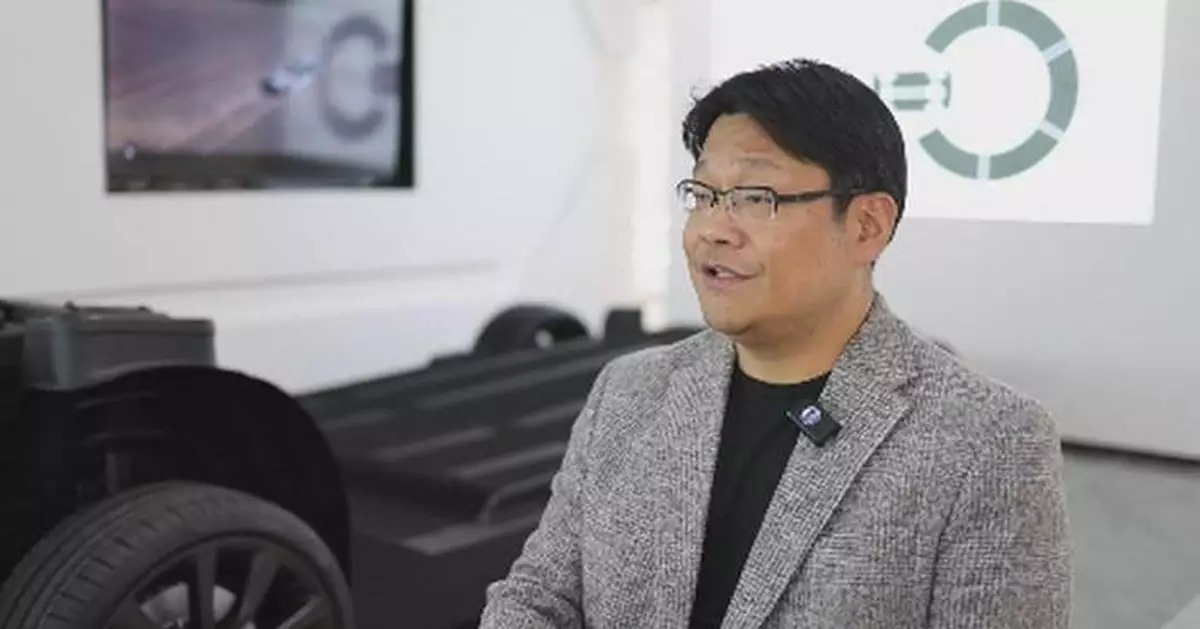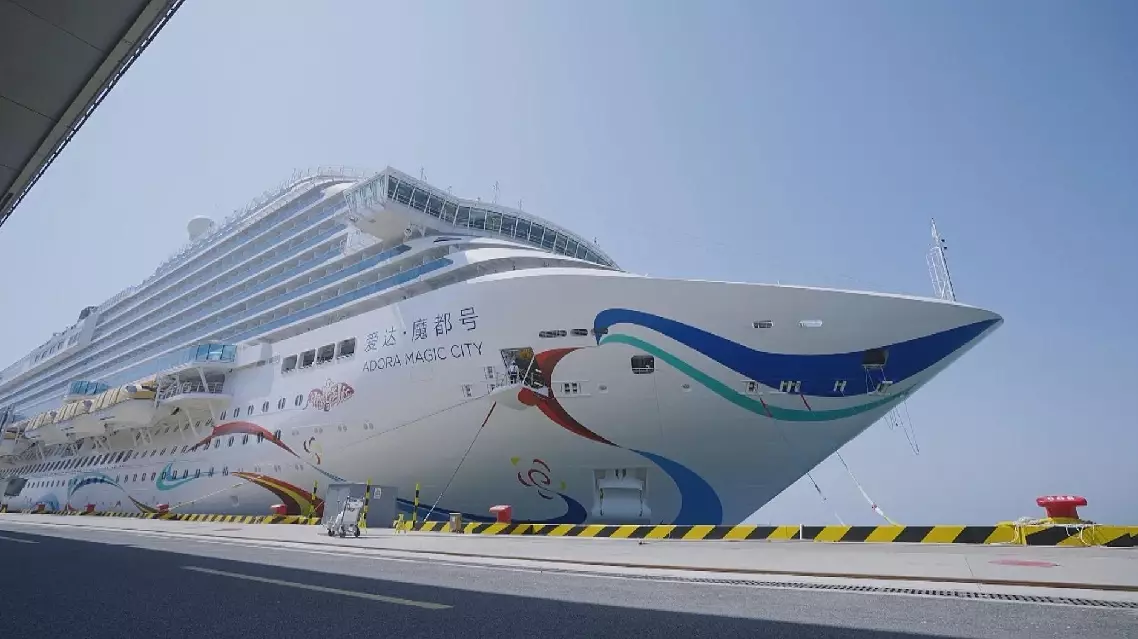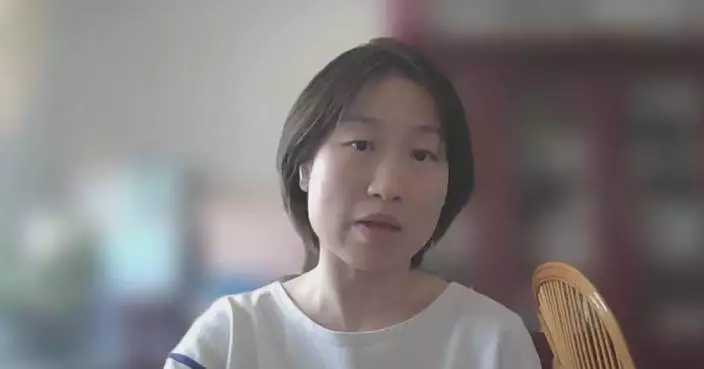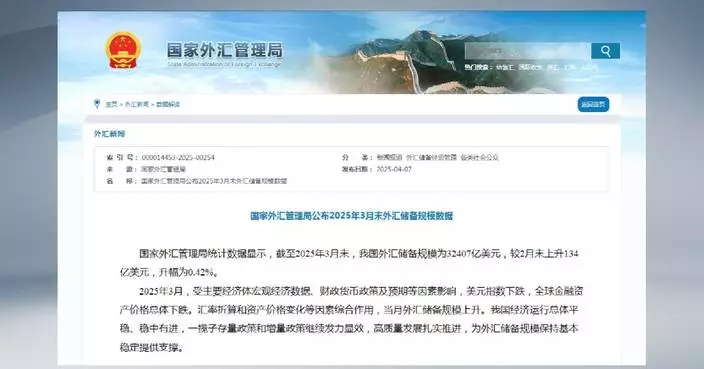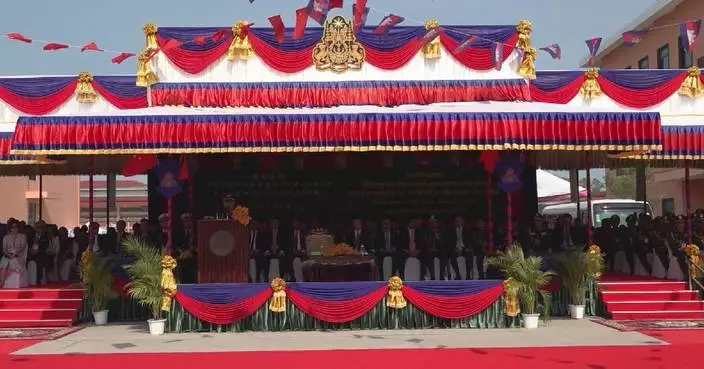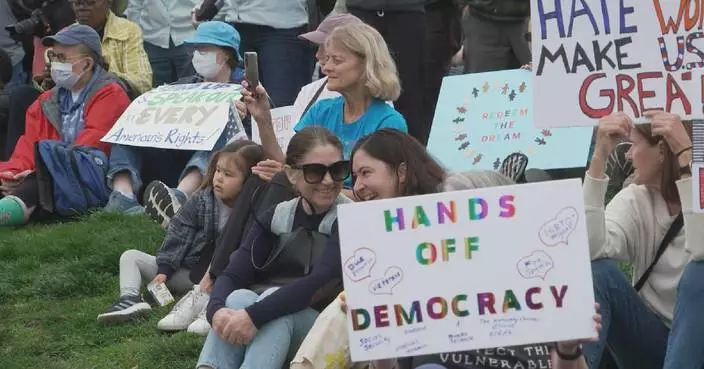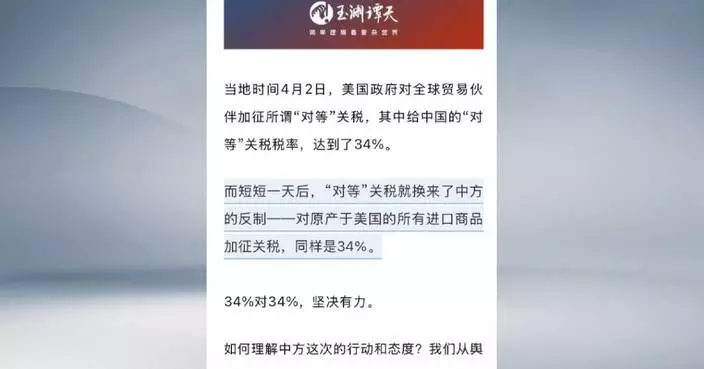Chinese companies are exploring new technologies to further advance the development of the country’s thriving new energy vehicle (NEV) market, said an executive of Contemporary Amperex Technology Co., Ltd. (CATL).
CATL, China's largest automotive lithium-ion battery maker, recently released a video of a car crash test conducted at a speed of 120 kilometers per hour. The video shows that the crashed EV did not catch fire or explode.
Hu Guoliang, Executive President of CATL, said that the global industry has been focused on pursuing energy density.
"The whole industry used to be chasing after wholly only the energy density, and a lot of events happening in the last two years, three years in Europe, North America gave us a little bit shock. CATL has to be in this field. Only competing in price is not the right way," Hu said.
As the world's leading battery maker, CATL accounts for approximately 37 percent of the global electric vehicle battery market.
Now, the company is no longer satisfied with simply offering lithium packs. It is developing new technologies to directly integrate battery cells within the chassis of vehicles.
A senior engineer at the company explained the technology, saying it will help reduce maintenance costs.
"It's clear you can see the electrical machinery, thermal management, generator, air-conditioning system and some other component. In the middle, lies the core part, which we call the energy storage. By dividing the chassis into three parts helps save costs in maintenance compared with integrated die-casting ones," said the engineer.
The battery and electronic systems are fully integrated into the chassis, which explains why visitors to China's auto shows are often seen trying to get a view underneath.
The development of this new technology was included in the company's battery roadmap as early as 2018. A year later, the company formed a dedicated team to work on it, with half of the research and development conducted in Shanghai.
"You see this facility that we invested here in Lingang, and the team of around 600 people are residing (are stationed) in Dishui Lake area. We started with hiring kind of the best talent from the Shanghai region and with huge experience from the automotive industry," Hu said.
In 2024, China became the first country to produce more than 10 million new energy vehicles in a single year, with one in every two cars sold being an EV. As the market continues to emerge, technologies are evolving at a record pace.
"Normally in development process of the traditional automotive, four years around is the total cycle that we need to develop a vehicle. And today in China, we see the development lead time is normally two years, and we are still trying hard to push with our product and platform. We hope we can push this and shrink the time to market to 12 to 18 months, depends on the application target," Hu said.
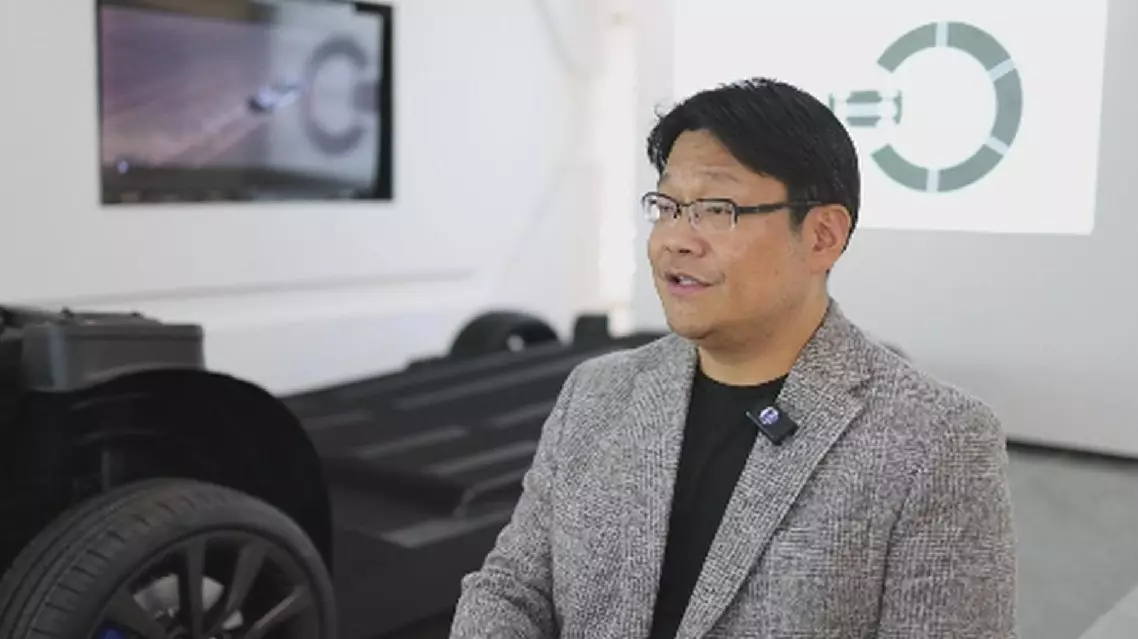
Chinese battery companies explore new technologies to boost NEV market


